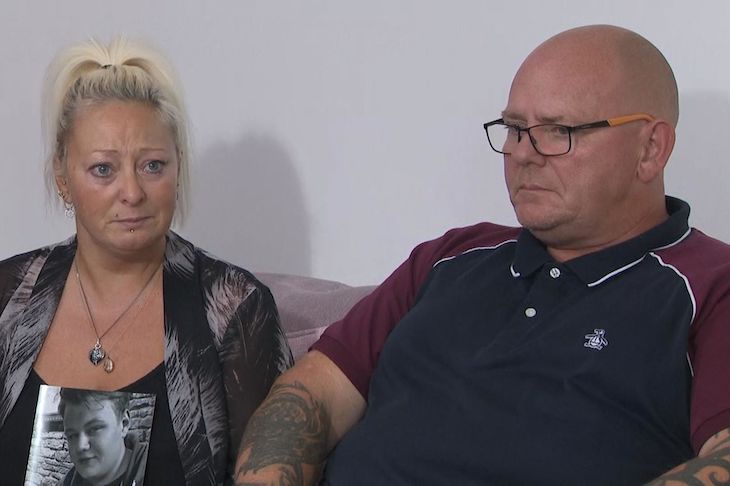When Anne Sacoolas – the wife of a diplomat who allegedly crashed into and killed teenage motorcyclist Harry Dunn – fled the UK, she not only caused untold anguish to the Dunn family, but she also helped to undermine the system which protects diplomats and their families throughout the world.
The right that is now being invoked by Sacoolas has a history that goes back as far as Ancient Greece, where heralds were granted safe passage between warring city-states. There should be no quibbling with the principle that diplomats and their families are given protection from vexatious legal proceedings in the countries they are sent to. Without this safeguard, it would prove too risky to keep open channels of direct communication with hostile countries through emissaries on the ground. As the Vienna Convention on Diplomatic Relations puts it, this privilege leads to the ‘maintenance of international peace and security, and the promotion of friendly relations among states.’ How else could Britain keep open its embassies in places like Tehran, unless officials and their families were protected from being detained on trumped-up charges, for political purposes?
There may be other occasions where immunity can be used pragmatically, particularly in the case of relatively minor indiscretions by high-ranking officials. You can understand why a diplomat’s home country should be given the opportunity to deal with certain matters, avoiding a highly embarrassing public row over a minor incident.
But such scenarios are entirely removed from the present situation, in which there appears to be clear evidence of Sacoolas’s involvement in the death of a teenager. Sacoolas may be legally entitled to claim diplomatic immunity and the United States is not required to waive it, but to rely on immunity in this situation is, simply, an abuse. The Vienna Convention explicitly states that the ‘privileges’ obtained through diplomatic immunity are not meant to ‘benefit individuals’. Sacoolas’s ability to evade the reach of the British police does not benefit international relations; it’s about aiding and abetting an alleged criminal because she happens to have a powerful spouse. This is clearly not a politically-motivated investigation by the UK, and the US can be in no doubt that any trial in this country would be entirely fair.
Of course, it is in many ways perplexing that Sacoolas herself does not want to do the right thing. People make mistakes, but her decision to evade justice – and deny the Dunn family the answers they deserve – has been made in the cold light of day. But she has only been able to act this way because the US government has decided to protect her.
The moral vacuity of the US’s position is laid bare by its own actions in similar cases. Take the example of the Georgian diplomat Gueorgui Makharadze – who killed a teenage girl in a car crash in 1997. Even though Makharadze was the second-highest ranking official in the Georgian embassy, the United States requested his immunity be waived. The hypocrisy is obvious. Meanwhile, the response from the Georgian government in the Makharadze case stands in marked contrast to America’s reaction now. The Georgian President waived the immunity, saying that he was guided by moral principle, not international politics. The US State Department clearly has no such moral qualms.
Might is right in this situation, and so there is little we can do to force the US to do the right thing. But President Trump and the State Department should be aware of the consequences of their inaction. They might think that they are looking after one of their own but, in reality, by protecting Sacoolas they are undermining the system of immunity that benefits diplomats everywhere, including US representatives abroad. If the privilege continues to be abused, then rights and protections that diplomats should otherwise be entitled to take for granted will have to be re-examined.






Comments